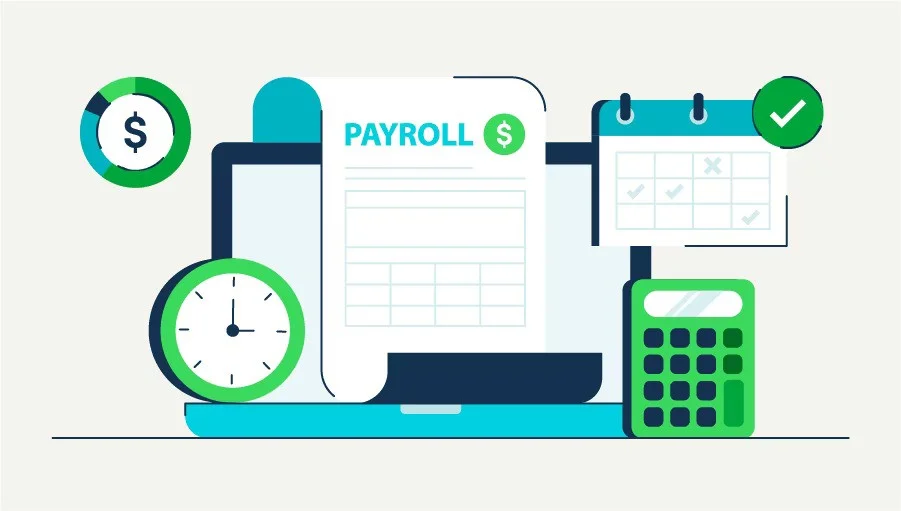Payroll Management:
A Blueprint for Efficiency and Compliance

In the realm of business operations, few tasks are as essential yet overlooked as payroll management. Traditionally relegated to the realm of administrative drudgery, payroll has undergone a transformation in recent years, emerging as a strategic function that can drive efficiency, ensure compliance and even contribute to employee satisfaction and retention. In this blog post, we'll explore the evolution of payroll management, uncovering the key challenges faced by businesses today and offering a blueprint for mastering this critical aspect of organizational success.



